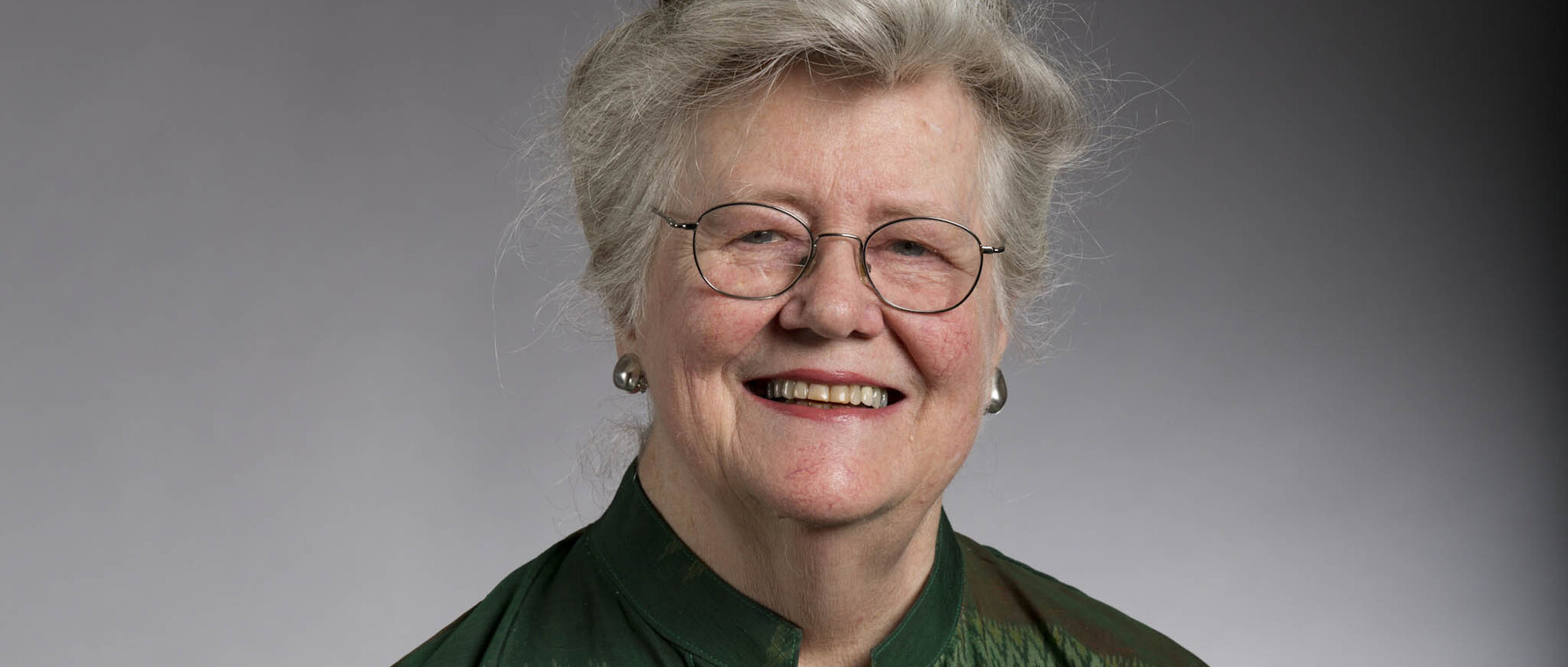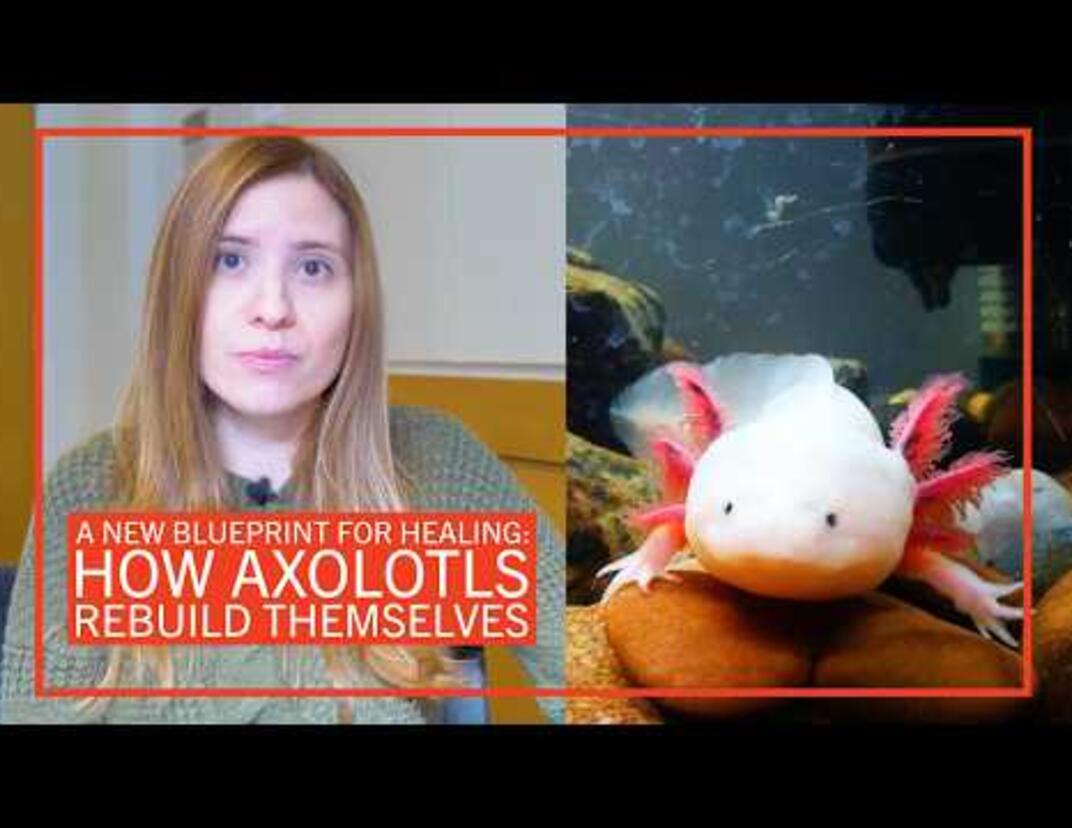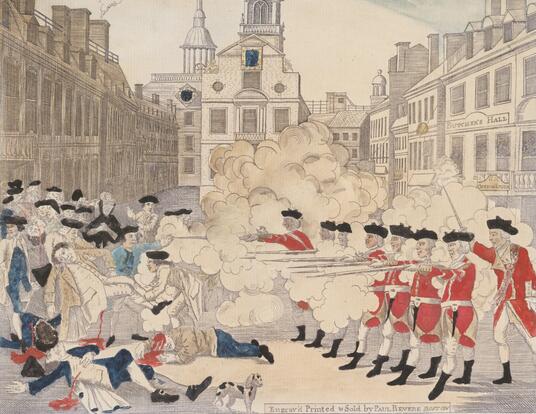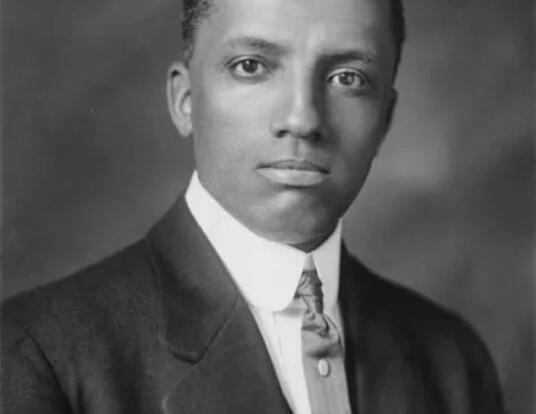Peggy McIntosh: 2021 Centennial Medal Citation

Last summer, racial violence gave rise to a national reckoning in America, throwing into sharp relief the systemic racism facing people of color and the urgent need for more widespread awareness of the ways in which white privilege undermines social justice. Peggy McIntosh has devoted her life to helping us understand and confront these difficult truths about our society. Through rigorous yet accessible scholarship that examines her own relationship to oppressive social systems, McIntosh has been a stalwart and persuasive advocate for a more equitable world.
A member of the Radcliffe College Class of 1956, McIntosh earned her PhD in English at Harvard in 1967. After a successful career as a professor of English, American studies, and women’s studies, with appointments at Trinity College in Washington, DC, the University of Denver, and Wellesley College, she made the choice to focus her attention on equity and justice work. She is most widely known for her 1989 essay “White Privilege: Unpacking the Invisible Knapsack,” in which she itemizes examples from her lived experience—such as, “If a traffic cop pulls me over or if the IRS audits my tax return, I can be sure I haven’t been singled out because of my race”—in personal, accessible, and non-judgmental language. McIntosh’s papers brought the term “white privilege” into widespread use and remain among the most widely cited sources on the topic.
“McIntosh’s canonical essay managed to teach broad-ranging audiences, from school children to scholars across the disciplines, how to see and identify often unacknowledged systems of privilege,” says Caroline Light, director of undergraduate studies and senior lecturer on studies of women, gender, and sexuality at Harvard. “She gave us a vital vocabulary and helped inspire a whole generation of interdisciplinary scholars working to illuminate and ultimately dismantle systems of privilege and power.”
McIntosh spent nearly four decades at the Wellesley Centers for Women, one of the country’s largest academic research and action institutes focused on women, gender, and social change. In 1987, after directing a series of seminars funded by the Mellon and Dodge Foundations to integrate women’s studies into high school and college curricula, she founded the National SEED Project (Seeking Educational Equity and Diversity), a professional development program for educators and other leaders who want to bring frameworks for conversation-driven social change into their own institutions and communities. “Peggy loves learning from the living dynamic of conversation; she finds conversation itself, in my view, to be a meaningful form of scholarship,” says Emily Style, founding co-director of the National SEED Project. “SEED grew out of Peggy’s strategic vision for education reform inside schools, led by teachers who speak authentically from the grassroots, hands-on knowledge of our own classroom work.”
Gail Cruise-Roberson first met McIntosh in 1994 as a participant in a SEED leadership training program; she is now a co-director of the project. “Throughout the years, a key component of the project has been understanding whiteness and white privilege from the perspective that Peggy provided,” Cruise-Roberson says. “I found it revelatory: what she said about her understanding of her identity was not a surprise to me, but I had never heard a white person acknowledge the space that they occupied and the impact that this could have on others. Peggy was able to honestly interrogate her own identity in a way that was a model for other people to see their way toward doing something similar. It was risky, and it continues to be so.”
Sherri Charleston, Harvard University’s chief diversity and inclusion officer, encountered the SEED framework in her prior role as assistant vice provost at the University of Wisconsin–Madison. “The contributions that Peggy McIntosh has made to higher education are estimable,” says Charleston. “She has shaped the way that we now think about questions of privilege and positionality, as well as the language that we use to think about how we empower educational institutions, in particular, to create peer conversation groups that can drive interpersonal and institutional change. Her work continues to influence my way of thinking when developing best practices for community engagement.”
McIntosh continues to advocate for equity and social justice through speaking engagements around the world. “When I first met Peggy, I was a little in awe of her,” recalls Susan McGee Bailey, who led the Wellesley Centers for Women for 25 years as executive director. “The perspective she brings to feminism and equity is one that has grown in her over the years. She understands what she believes, she understands how to present it to people, and she understands that the way you present things is a very important part of whether people can hear and absorb your message. She’s a pioneer in so many ways.”
Peggy McIntosh, for your unflinching commitment to naming white privilege and confronting systemic forces of oppression, and for your powerful conviction that open conversation, grounded in personal experience, can help us work toward a more equitable and just society, we are proud to award you the 2021 Centennial Medal.
Photo Courtesy of Wellesley Centers for Women
Get the Latest Updates
Join Our Newsletter
Subscribe to Colloquy Podcast
Simplecast





